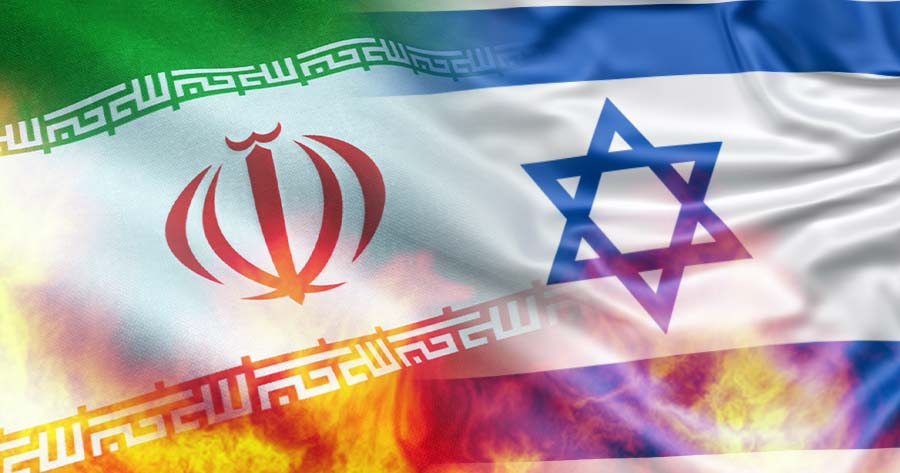The Israeli military announced on Saturday that the leader of Hezbollah, Sayyed Hassan Nasrallah, was killed in a powerful airstrike carried out by Israel in Beirut. The attack, which targeted the group’s central command headquarters in the southern suburbs of Beirut, dealt a severe blow to the Iran-backed group amidst a series of escalating Israeli assaults.
The demise of Nasrallah represents a significant setback for both Hezbollah and Iran, as he was a key figure instrumental in transforming Hezbollah into a pivotal player within Tehran’s network of allied groups in the Arab region.
Israeli Prime Minister Benjamin Netanyahu emphasized the importance of Nasrallah’s killing as a crucial step in reshaping the power dynamics in the region for the foreseeable future. Meanwhile, U.S. President Joe Biden characterized Nasrallah’s death as a form of justice for the numerous victims, including Americans, Israelis, and Lebanese individuals affected by his actions, expressing full support for Israel’s right to defend itself.
Additionally, a senior official from Iran’s Revolutionary Guards, deputy commander Abbas Nilforoushan, was reported to have also been killed in the attacks on Friday. Iranian Supreme Leader Ayatollah Ali Khamenei was reportedly relocated to a secure location within Iran following Nasrallah’s assassination.
Iran has called for a United Nations Security Council meeting to address Israel’s actions in Lebanon and other areas in the region, cautioning against any attacks on its diplomatic establishments or representatives. The Iranian ambassador to the UN, Amir Saeid Iravani, asserted Iran’s commitment to defending its national and security interests within the bounds of international law.
The airstrikes unleashed by Israel in Lebanon resulted in the deaths of 33 individuals and injuries to 195 others, as confirmed by the Lebanese health ministry. The attacks persisted in Beirut’s southern neighborhoods into the evening on Saturday, casting vast plumes of smoke over the city.





